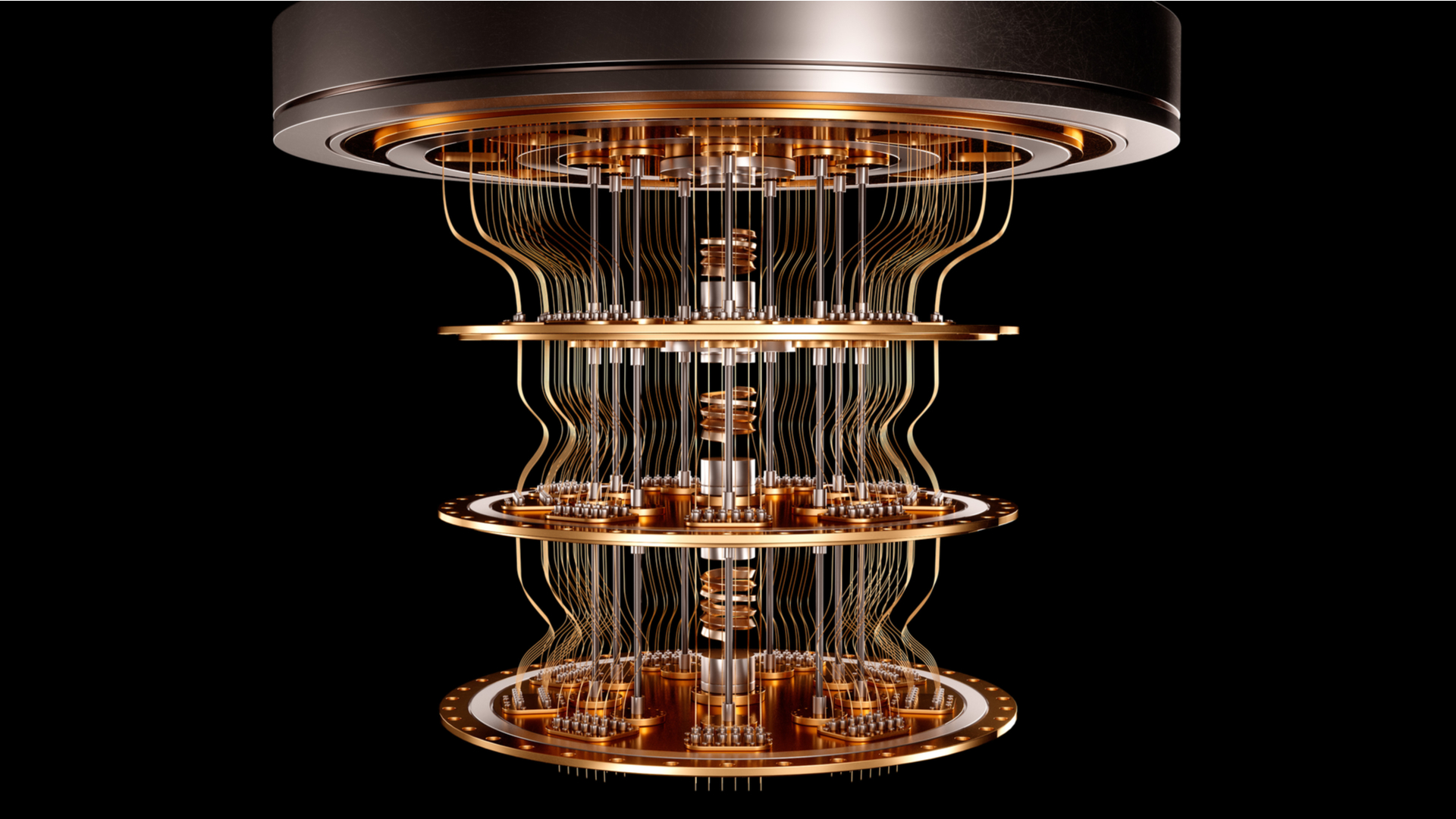Quantum computing: Forget qubits, all the cool kids are talking about qutrits now
Rigetti Computing has added a third state to the traditional quantum bit

Quantum computing company Rigetti has announced it is exploring experimental new hardware configurations that could improve the performance of its quantum processors.
As explained in a blog post, the firm has introduced a third energy state to its qubits, thus turning them into qutrits. According to Rigetti, doing so allows for significantly more information to be manipulated, while also decreasing readout errors by up to 60%.
“Accessing the third state in our processors is useful for researchers exploring the cutting edge of quantum computing, quantum physics and those interested in traditional qubit-based algorithms alike,” the company explained.
Rigetti is currently offering access to qutrit operations via Quil-T, its pulse-level extension to the Quil instruction set architecture.
Behold, the qutrit
A quantum bit (or qubit) is the smallest unit of quantum information, an analogue to the binary bit of classical computing. However, unlike the traditional bit, a qubit can adopt a value of one, zero or anything in between by virtue of a phenomenon known as superposition.
“Qubits are the basic building block of a quantum processor, and are so named because they represent a continuum of complex superpositions of two basic quantum states,” explains Alex Hill, Senior Quantum Systems Engineer at Rigetti.
“The power of qubits comes in part from their ability to encode significantly more information than a classical bit - an infinite set of states between 0 and 1.”
Are you a pro? Subscribe to our newsletter
Sign up to the TechRadar Pro newsletter to get all the top news, opinion, features and guidance your business needs to succeed!
Historically, researchers have attempted to achieve quantum advantage (the point at which quantum systems outstrip traditional supercomputers in a meaningful way) by focusing on increasing the number of qubits on a quantum processor. Simply put, the larger the number of qubits, the more powerful the quantum machine.
Just last month, for example, IBM unveiled a record-breaking 127-qubit processor, codenamed Eagle. And Rigetti itself now offers an 80-qubit processor (the Aspen-11), created by linking two separate 40-qubit processors together.
However, Rigetti contends that the addition of a third state to qubits, creating a three-level quantum system based on qutrits, represents another path to improving the performance of quantum machines.
“With carefully-chosen readout parameters, classification performance can be significantly better when choosing between | 2> and | 0>, rather than the default classification between | 0> and | 1>,” the company explained.
In future, it might even be possible to push towards qubits with an even larger number of states, says Rigetti. However, because an ever-smaller amount of energy separates states beyond zero and one, noise and control issues become increasingly difficult to surmount.
- Also check out our lists of the best cloud hosting services, best dedicated server hosting and best bare metal hosting

Joel Khalili is the News and Features Editor at TechRadar Pro, covering cybersecurity, data privacy, cloud, AI, blockchain, internet infrastructure, 5G, data storage and computing. He's responsible for curating our news content, as well as commissioning and producing features on the technologies that are transforming the way the world does business.